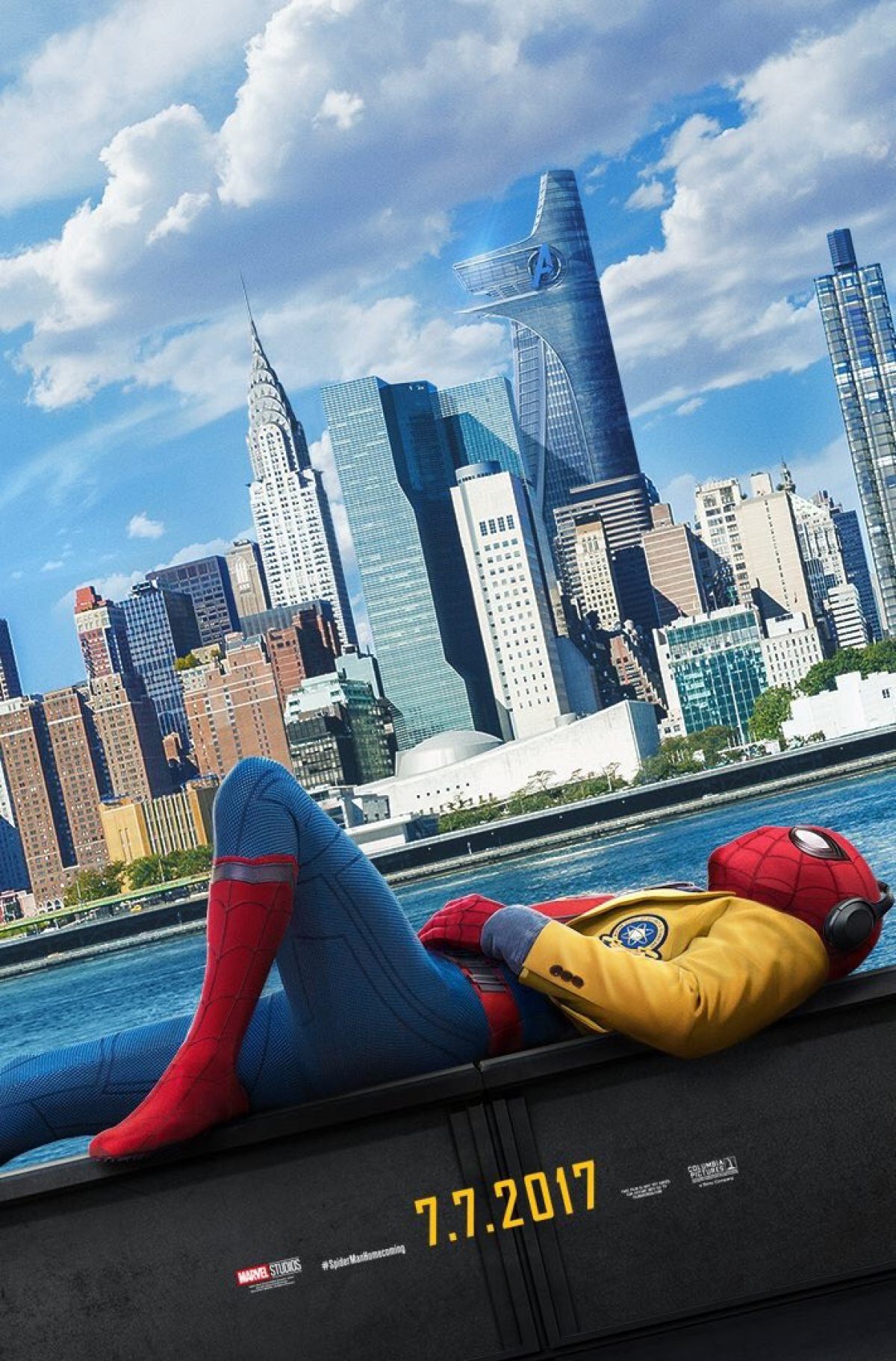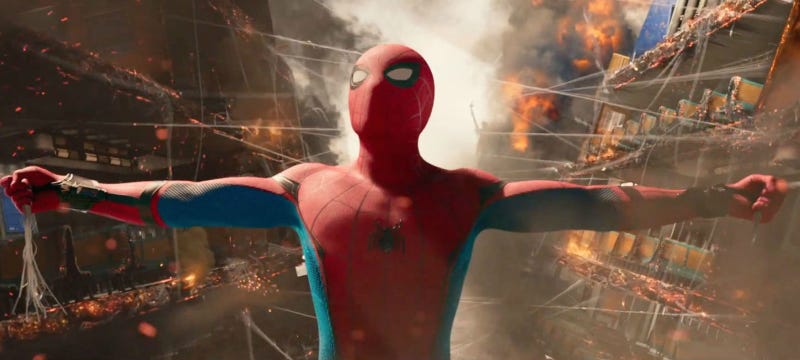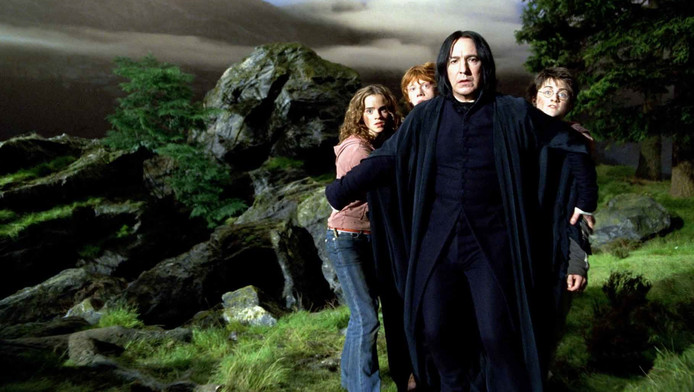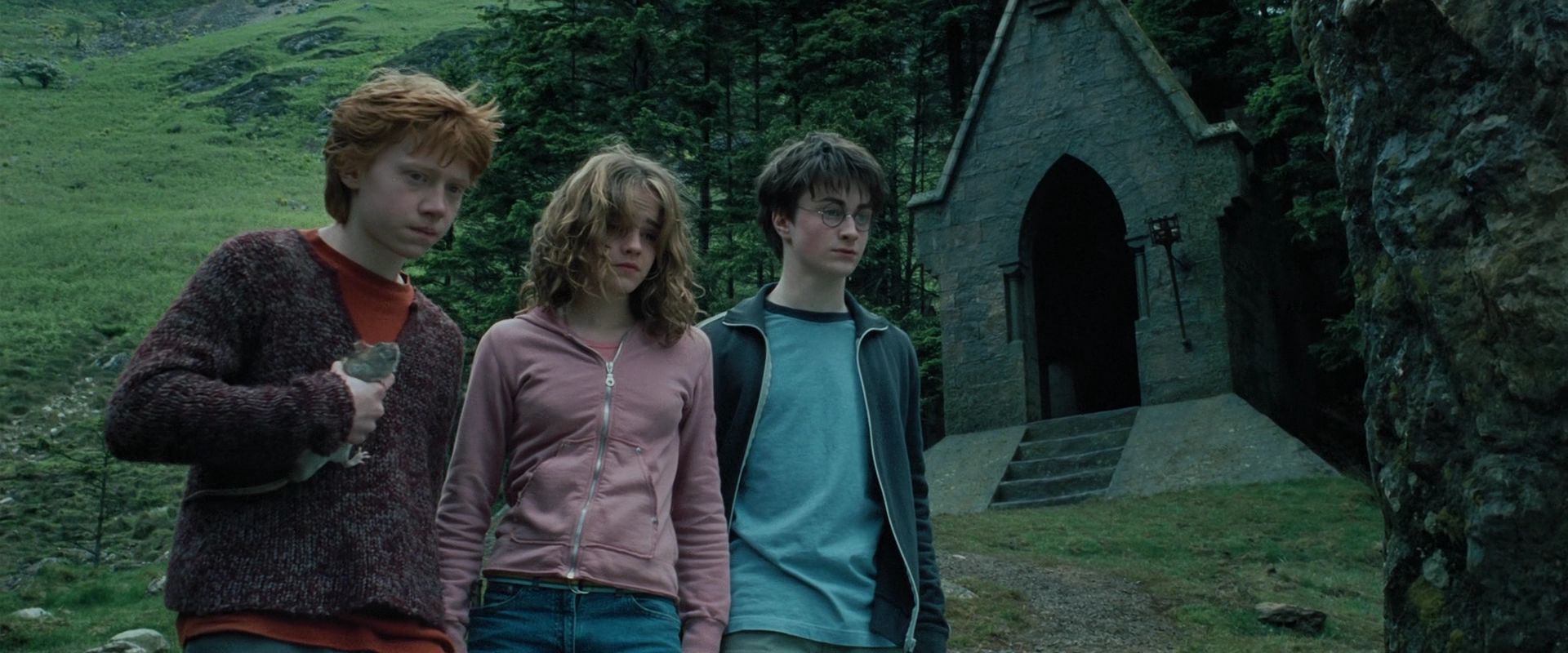When I was a young lad, one of my elderly relatives told me that one of my great-great granddads was one of the last men off the boats fleeing the beaches of Dunkirk. I can't confirm or deny that this is true or not but nonetheless the story of Dunkirk, in which 300,000 stranded men desperately awaited rescue as the encroaching Nazi armies began to surround them, has always fascinated me. Oddly, there have been very few film versions of the story. There was a 1958 version directed by Leslie Norman (the late, great Barry Norman's dad) and it crops up briefly in Mrs. Miniver (then still recent news) and Atonement. Outside of that, it is somewhat underrepresented. This is likely due to the face that Dunkirk was, for all intents and purposes, not a victory but rather a place-holder - a strategic retreat to carry on and fight another day. General audiences might not be up for this. Unlike the more traditionally heroic narrative of D-Day (albeit with all the grisly details a la Saving Private Ryan or The Longest Day), Hollywood has shied away from representing this crucial chapter in the history of World War Two. However, famed director Christopher Nolan has cracked that nut with an incredibly tense thriller that tells the story like it is - in all its loud and terrifying details - with a director at the top of his game.
| Nolan presents the definitive take on this under-represented part of history that puts the human drama at the forefront |
The details speak for themselves. The film concentrates on three different plot strands - the land, the sea and the air. The land section, known as The Mole, follows British private Tommy (Fionn Whitehead) as he desperately tries to get entry on a boat leaving Dunkirk under the watchful eye of Commander Bolton (Kenneth Branagh). This story is told over the course of a week. The Sea section follows Mr. Dawson (Mark Rylance), a sailor whose boat is going to be commandeered by the Navy as a vessel to sail to Dunkirk as part of the rescue mission. However, Dawson, his son Peter (Tom Glynn-Carney) and their impulsive teenage hand George (Barry Keoghan) decide to go out on their own. This is told over the course of a day. Finally, The Air section follows Spitfire pilot Farrier (Tom Hardy), who is providing air support to the troops abandoned on the beach.
The three stories are intercut with each other and told in a non-linear fashion. Nolan is up to his usual narrative cutting tricks, which has ended up with mixed results in the past (Memento = brilliant, Batman Begins = probably better if told chronologically). However, with Dunkirk, it is to make the film as exciting and emotional as possible. The scenes might not necessarily take place in the same part of the timeline but are satisfying when intercut together. So this element gets a massive pass from me, even if it is a little confusing on an initial viewing (there's probably plenty of little details as elements from each story appear in another). Arguably, this is the only way to really convey the scope and sheer madness of the events that took place over this week. It ambitious and just about works.
| Tommy, along with several other characters, does morally grey things in order to survive |
Dunkirk is a sheer spectacle. I use that term very loosely, as 'spectacle' brings to mind images of big empty sword-and-sandal epics, which I don't think does the film justice. It's a spectacle in that it's a large scale representation of one of the lowest points of the Allied military campaign of World War Two. To do this, Nolan uses every trick in the book to put the audience in this moment. Nolan eschews glory and the usual war porn imagery for an incredibly tense thriller that puts you in the shoes of the characters. This is accomplished by a lack of CGI in favour of real crowds, ships, planes and explosions. The soundtrack by Hans Zimmer is impressionistic and perfectly compliments the tone of the film. I have always had reservations about Zimmer's scores for Nolan's films in the past but here it matches the tone perfectly. There is no sense of artifice in the construction of the film. Danger literally lurks around every corner and the film is just so effective at communicating this. The whole film manages to maintain an incredibly tense pace over the course of its whole runtime. The same commitment to authenticity is extended to all the performances (including young Mr. Harry Styles). Whitehead is possibly the stand out. A quiet and understated performance, Whitehead communicates so much just through his body language and expressions and goes through some of the most traumatic events in the film. There is very little dialogue in the film and with little time for characterisation, the actors all have to work that bit harder - fortunately, the ensemble steps up to the plate.
 |
| Trouble occurs on board for Mark Rylance's Mr. Dawson en route to Dunkirk |
At no point does a character ponder on the nature of war or the ethical ramifications of what it means to be a solider. Indeed, after the bloated and pretentious Interstellar, I almost expected this kind of film when Nolan announced that Dunkirk would be his next film. "Here he goes again - trying to match Kubrick" as he continued to prove that he was "artist" with a weighty document on the nature of war. But no. Dunkirk is incredibly lean and to the point. It's far from the three hour epic I was expecting. The ticking time bomb situation lends itself perfectly to its 1 hour 45 minute run time, which makes it one of Nolan's shortest films. Nolan is still interested in exploring the themes that come from this situation but it is birthed from the narrative. Ultimately, he is exploring what happens to people when put into an intense life-or-death situation. We're not given a lot of time to get to know the characters as people but it is their actions over the course of the film that speak for them. Some take up the call. Others give in to hopelessness. Some are just trying to survive, betraying fellow soldiers to do so. It's a great mix of raw human drama. There are simply too many excellent scenes and situations that the characters get into to discuss here without giving too much away. Suffice to say, it's nail biting stuff.
| Dunkirk limits the use of CGI in favour of using old techniques to extend crowd scenes and filming on real locations |
I was incredibly lucky to have seen the film presented at the Imax in 70mm. Only three cinemas in the UK are showing the film in its intended format. Fortunately, I (now) live close to Manchester, which is playing host to one of these rare screenings. Cinematographer Hoyte van Hoytema shot the film on 65mm, an older form of film intended for super massive wide-screen, and specifically shot 70% of the film on Imax formatted cameras. This is the widest international release 70mm has had in decades, so this is rare treat for film fans. The results simply speak for themselves. The film is given an even more dis-orientating and massive scope. All the different elements, which are incredibly successful either way you view it, are given a whole dimension when ballooned up on Imax screens. The huge expanse of Dunkirk beach. The roaring of the Spirfire engines overhead. The seemingly endless English channel. The flying hail of bullets. The powerful explosions as German planes drop more bombs. If you are able to see the film in this format, I can't recommend it enough. The 70mm presentation was almost perfect, giving everything a natural grainy look, which just adds to the authentic feel of the film. God, I've missed the grain.
No matter what format you see it in, Dunkirk is essential viewing. Nolan has crafted quite possibly his best film yet that is both lean and epic in scope. Forgoing any kind of pretense, Nolan puts the human drama at the forefront of this pressure cooker situation that continues to find new ways to enthral the audience. Every element comes together perfectly to suck the audience into this event and time. The film is incredibly tense and manages to keep the same pace over the course of its whole run time. Thrilling is an understatement. Easily one of the best films of the year that warrants a second viewing.
Again, though - if you can catch the film in the Imax in 70mm, I can't recommend it enough. It's a powerful and incredibly intense experience.













